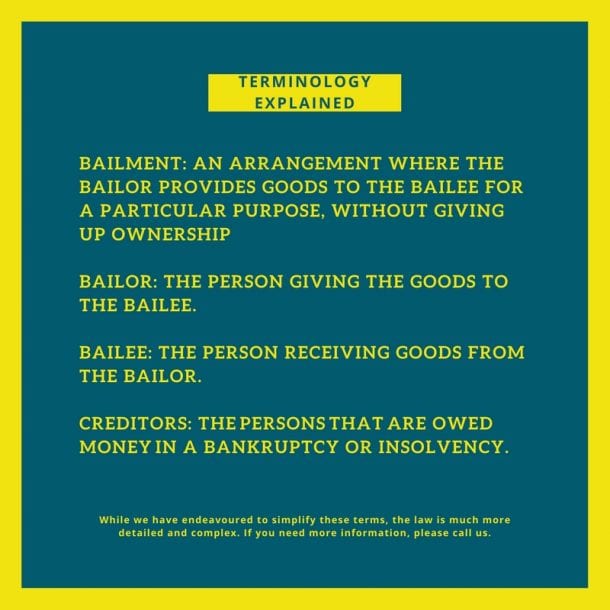
Unfair Dismissal Claim: Dishonesty Never Pays
Unfair Dismissal Claim: Dishonesty Never Pays
One employer learnt the hard way what happens when you lie about the reason for terminating an employee while at the same time trying to invoke the Small Business Code as a shield from an unfair dismissal claim.
The recent decision of Mark Groves –v- Armitch Pty Ltd [2017] FWC 826 (“Groves Case”) confirmed, if it is not already obvious enough, that termination of an employee for a false representation is an unfair dismissal. Not even the Small Business Code can protect the employer from the consequences of their actions.

Summary of Unfair Dismissal in Mark Groves –v- Armitch Pty Ltd
Briefly, in the Groves Case:
- Grove was employed on a casual basis for over a year and on a permanent part-time basis for 8 months.
- Groves was advised by the employer of an impending sale of the business.
- Shortly after that, Groves was provided a letter stating that the employer is intending to sell the business and his employment would be terminated by way of redundancy.
- Groves learned, after his termination, that the business was not sold and that a new person had been employed to perform the work previously undertaken by Groves.
The Fair Work Commission decided that Groves’ termination was not a genuine redundancy by the employer because the employer had falsely represented to Groves the reasons for his employment ending.
The employer argued unsuccessfully that he hired the new employee on the basis that she might be a potential buyer of the business.
The Commission rejected this argument because the possibility of a sale of business was not an actual sale of business, and therefore Groves’ dismissal was not akin to a change of operational requirements which usually go to support a genuine redundancy.
In short, the Commission would not accept a hypothetical sale of business as being grounds for a genuine redundancy.
The Fair Work Commission also decided that the employer had failed to comply with the Unfair Dismissal Code because it had not provided a valid reason based on Groves’ conduct or capacity to do the job. A false reason could never be characterised as being ‘sound, defensible or well founded’ and as such, was not valid.
The outcome: the employer was ordered to pay Groves 12 months compensation.
Lessons to learn:
When terminating an employee, it must be for a valid reason.
- It cannot be for a representation as to what may happen, or may occur; namely, a hypothetical sale of business.
- When using the Small Business Code, the reason for termination must relate to an employee’s conduct or capacity to do their job.
If you have queries about termination and doing so in accordance with the law, or how to appropriately manage a restructure, please contact Adam Foster (Associate, Business Law Practice Group) on 03 9629 9629 for assistance on all employment matters.
Copyright © 2021 Lewis Holdway Lawyers. Website Design By LGT Digital










